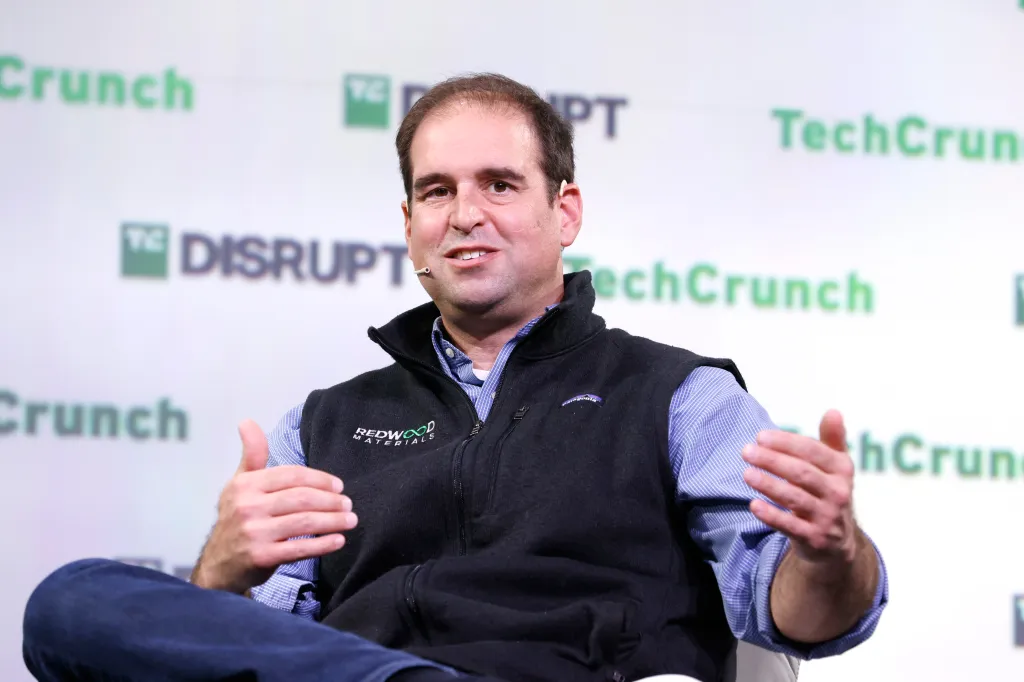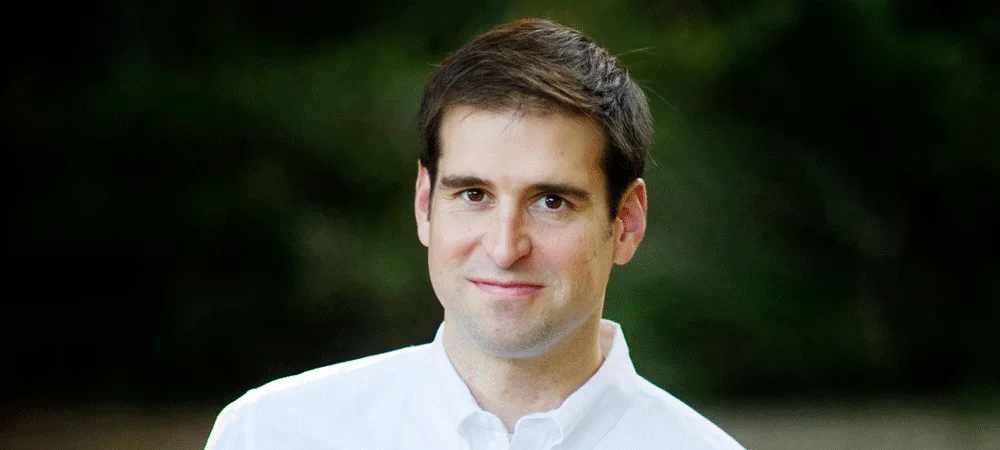J.B. Straubel: The Unwilling Innovator Guiding the Emergence of Clean Technology
In a technology market that is characterized by personal branding, ubiquitous launches, and ambitious objectives, JB Straubel is a standout. He does not attract attention through headline-grabbing exploits or outlandish remarks. Rather, he develops systems, supply networks, and solutions that discreetly transform entire sectors.
If you are a tech enthusiast, you have likely observed Tesla’s remarkable ascent. What you may not be aware of is that Straubel, a fellow co-founder of Tesla, was the driving force behind the headline-grabbing leadership of Elon Musk. His impact on Tesla’s technical DNA is as fundamental as the lithium-ion cells that power each Model S.
Tesla’s Chief Technology Officer for nearly 15 years was JB Straubel. Straubel was responsible for Tesla’s battery technology, supply chain logistics, and energy architecture, while Musk envisioned the future. Tesla would have likely continued to be an interesting prototype without him. It became the focal point of the global EV revolution under his leadership.
Nevertheless, Straubel’s voyage did not conclude with Tesla. Rather than retiring in 2019, he departed to establish a company that could potentially be more transformative: a company that addresses the filthy secret of clean technology.
Redwood Materials: The Next Frontier
Redwood Materials, Straubel’s present organization, was established in 2017 and has the potential to be as important to the future of renewable energy as Tesla. What is his objective? To create a circular supply chain for batteries, it is necessary to recover and refine discarded materials, including lithium, cobalt, nickel, and copper, before recycling them into new batteries. Straubel declared, “Our objective is to render batteries as recyclable and reusable as aluminum cans.”

It appears to be straightforward. It is not. The majority of the global battery supply chain is currently reliant on resource-intensive mining operations, which are frequently situated in geopolitically unstable regions. The impending crisis is further exacerbated by the increasing prevalence of EVs, energy storage, and consumer electronics. Demand has significantly exceeded the ethical, sustainable supply.
Redwood confronts this issue directly. The organization has already implemented substantial recycling and materials processing facilities in Nevada, and additional facilities are currently under construction. It works in conjunction with Ford, Amazon, Panasonic, Toyota, and other organizations to recover valuable materials from obsolete products and reintegrate them into the battery supply chain.
In contrast to conventional recyclers, Redwood is capable of producing high-performance anode and cathode materials, which are the precise building blocks of current lithium-ion batteries, in addition to melting debris. This is not a mere recycling operation. It is infrastructure. It is the logistics of energy for the current century.
The Tesla Years: The Art of Creation Without Ego
During Tesla’s initial phases, JB Straubel quietly influenced the company’s future. He brought scientific discipline and long-term thought to the company’s ambitious objective, as he holds dual degrees in energy systems engineering from Stanford.

He was responsible for the oversight of the Roadster’s battery pack development, promoted the construction of Gigafactory 1 in Nevada, and expanded Tesla’s energy products, including Powerwall and Powerpack. In addition, he assisted in the development of Tesla’s vertically integrated battery production strategy and established early agreements with Panasonic.
Straubel was not merely a CTO; he was the driving force behind Tesla’s engineering team. He was a visionary who advocated for sustainable energy prior to its mainstream popularity. He was capable of translating physics into product, and was held in high regard by both his colleagues and fellow engineers.
In 2023, Tesla re-invited Straubel to its board of directors, an extraordinary act that acknowledged his ongoing contributions to the future of sustainable technology, in addition to his technological accomplishments.
E-waste: An Unseen Threat
Straubel’s current work at Redwood addresses a problem that is frequently disregarded in the IT sector: what happens to our electronic devices, vehicles, and batteries when they are no longer required?
The annual production of electronic waste in the world surpasses 50 million metric tons. The preponderance of it is disposed of in landfills and incinerators. Batteries, which contain a variety of recyclable metals, are either discarded without proper recovery or sent overseas.
If renewable energy and electric vehicles are to expand sustainably, they must be powered by recycled materials. This is not only a prudent environmental policy, but also a wonderful economic decision; it is becoming more and more relevant to national security.
Redwood Materials is currently engaged in the development of a domestic U.S. supply chain for battery manufacturing. This initiative aims to reduce the company’s dependence on foreign extraction and manufacturing, while simultaneously creating thousands of high-tech jobs.
Straubel is aware of a fact that few others do: a soiled infrastructure renders pristine technology ineffective. Additionally, the direction of electrification is contingent upon the development of more intelligent material fluxes from manufacture to reuse, in addition to the enhancement of products.
An Individual Who is A Visionary for Systems Thinking
In the perspective of technology enthusiasts, Straubel is a distinctive form of innovator. He is not a disruptor solely for the purpose of disruption. His occupation is system architect, and he is a genuine engineer who prioritizes decades over product cycles.
In contrast to the majority of entrepreneurs who pursue attention, Straubel pursues scope and structure— the invisible framework that enables industries to evolve. He is not solely establishing a business in Redwood. He is in the process of establishing the circular economy infrastructure that is indispensable for the sustainability of the technology future.
JB Straubel is not merely a name that should be familiar to those who are interested in sustainability, battery technology, and supply chain innovation; he is a model for the practical application of profound technology and long-term thinking.
Final Thoughts
In a world that is swiftly transitioning to electrification, the question of “How do we maintain this sustainability at scale?” is not being addressed by many. JB Straubel is. Furthermore, he is not merely posing inquiries; rather, he is responding, devising, and executing them.
While others are racing to construct the next big thing, Straubel is preventing the last big thing from becoming the next big problem.
He is one of the few individuals in the technology industry whose legacy may be a combination of the things he constructed and the things he reconstructed.
news via inbox
Get the latest updates delivered straight to your inbox. Subscribe now!




